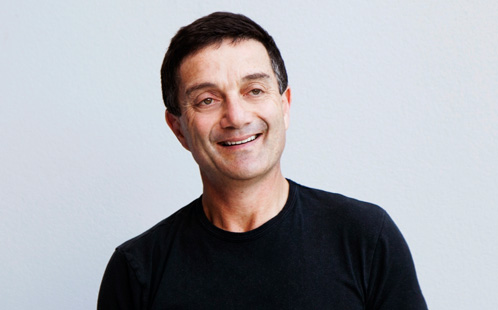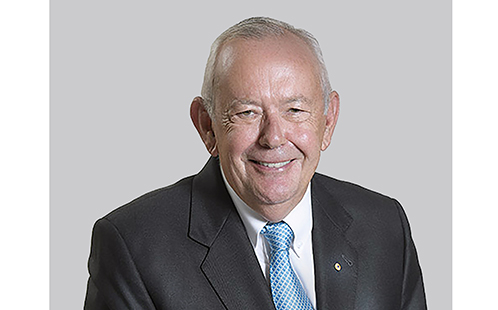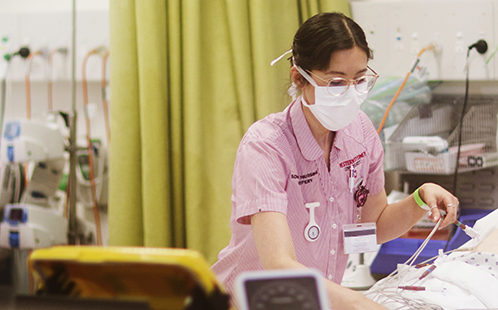Up, up and away: How Australia’s space law is evolving due to technology

Against the backdrop of governments and businesses introducing new space-related technologies to launch satellites, deliver parcels and devise plans to mine asteroids, Australia is reviewing legislation that governs its civil space activities.
Professor Steven Freeland, Dean of the School of Law at Western Sydney University, will discuss the legal issues governing space law in Australia and around the world during a public lecture at the Sydney Observatory on Wednesday August 16 at 6pm.
Professor Freeland advised the Department of Industry, Innovation and Science regarding its review of the Space Activities Act 1998. In the public lecture, Professor Freeland will address the major challenges relating to the regulation of space activities in an era of rapidly developing technology.
"The use of space-related technology impacts upon all our lives, as people around the world are now dependent on technologies such as satellite TV, global navigation satellite systems, satellite broadband and mobile equipment," says Professor Freeland.
"In addition, companies such as Amazon have recently made deliveries to customers in England and New Zealand using drones, raising questions about the safety of airspace and the potential dangers in the event of an accident."
"International treaties will still govern the broad fundamentals of space law, but any revised or new space legislation in Australia will have to strike an appropriate balance between allowing entrepreneurs to take advantage of new technology, while minimising the risk of collisions in space, and any potential liability."
Professor Freeland says one key aspect of space law focuses on how countries use space technology in armed conflicts on land, at sea and in the air.
"For example, GPS guided missiles and military drones are now common in modern conflicts, and there's also the strategic value of outer space to also consider," says Professor Freeland.
"We assume that the major powers are working to develop space-based weapons systems, and some now suggest that a war in space is inevitable, although I cannot accept that."
"This talk will discuss how this rapid technological growth gives rise to complex difficulties in developing appropriate international and national rules to properly regulate what is a highly political, strategic, commercial and, unfortunately, militarised domain."
Steven Freeland, Dean of Western Sydney University Law School, has taught space law and international law in Australia and around the world, has provided assistance to the United Nations as well as the Australian and other governments on various international and space-law-related issues, has previously worked with judges of the International Criminal Court in The Hague and, amongst other appointments, is a Director of the International Institute of Space Law based in Paris.
Ends
14 August 2017
Latest News

Opinion: Most bees don’t die after stinging – and other surprising bee facts
Most of us have been stung by a bee and we know it’s not much fun. But maybe we also felt a tinge of regret, or vindication, knowing the offending bee will die. Right? Well, for 99.96% of bee species, that’s not actually the case.

Western Sydney University receives transformational donation to support LGBTIQA+ community
Western Sydney University has welcomed a philanthropic donation from The Brennan Lynch Foundation.

Western Sydney University ranks among world’s best for 23 subjects
The University has been named as one of the world’s top universities for the study of 23 subjects in the latest edition of the QS World University Rankings by Subject, including being ranked in the top 50 for Nursing.
Mobile options:

